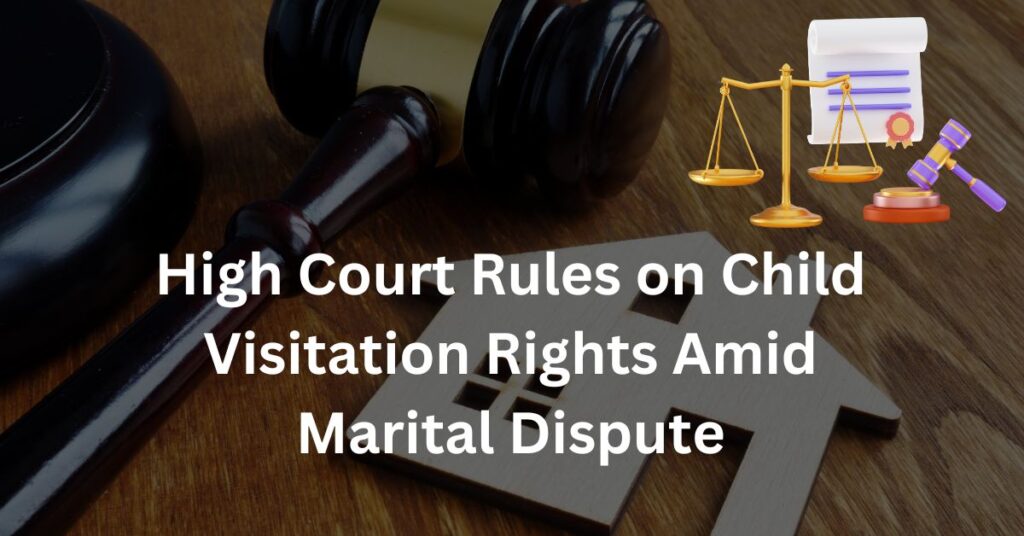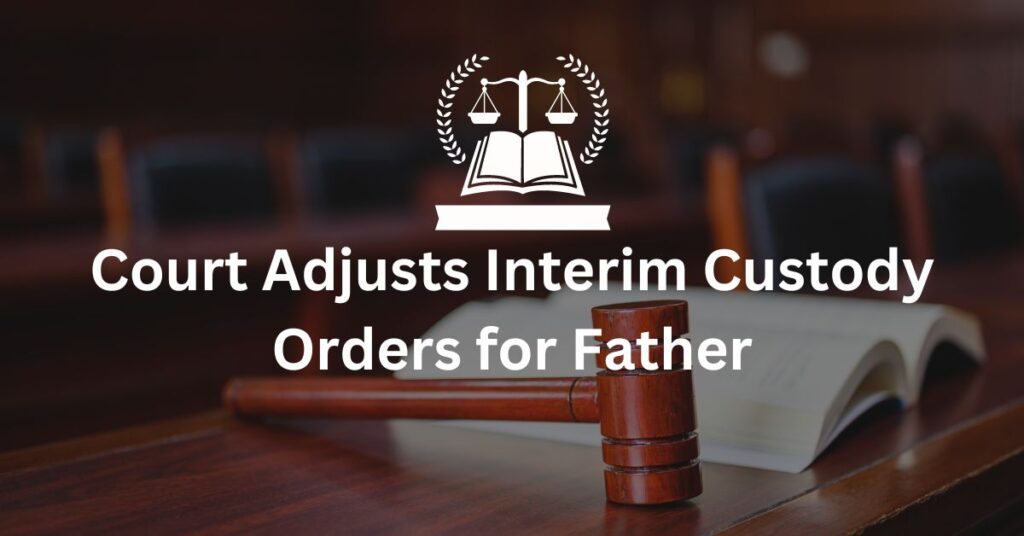Delhi High Court Orders Structured Visitation Rights in Child Custody Case
The Delhi High Court delivered a judgment on a case concerning the visitation rights of a father seeking access to his children amid an ongoing marital dispute. The case, identified as MAT.APP.(F.C.) 215/2022, involved appeals and applications related to custody and visitation filed by the appellant (the father) against the respondent (the mother). The judgment was reserved on April 26, 2024, and pronounced on May 17, 2024, by Justices Rajiv Shakdher and Amit Bansal.
Case Background and Legal Proceedings
The couple, married in May 2014, had two children from their wedlock. Due to marital disputes, the respondent left the matrimonial home in December 2019, taking the children to her paternal house in Punjab. This led the appellant to file petitions under various sections of the Hindu Marriage Act (HMA) and the Protection of Women from Domestic Violence Act, 2005 (DV Act), seeking restitution of conjugal rights and visitation rights.
The Family Court initially granted virtual visitation rights via video conferencing due to the COVID-19 pandemic. Subsequent appeals and applications by the appellant led to periodic orders modifying visitation arrangements, including physical meetings supervised by child counsellors. However, these arrangements often faced challenges, including allegations of interference by the respondent’s family and security personnel.
Court’s Rationale and Final Orders
In the latest judgment, the High Court emphasized the need for both parents’ involvement in the children’s upbringing, referencing key Supreme Court decisions. The Court highlighted that children’s best interests are paramount and that they benefit from regular interactions with both parents.
The Court ordered a structured visitation schedule:
- Virtual Visitation: Continued daily virtual interaction for 5-10 minutes.
- Physical Visitation: The respondent must bring the children to Delhi for a week during their school summer vacations and for four additional days during other school breaks.
- Financial Arrangements: The appellant was directed to bear travel and accommodation expenses for these visits.
- School Information Access: The respondent must grant the appellant access to the children’s school portal and related communication channels.
These measures aim to balance the children’s needs for both parents’ involvement while accommodating logistical and practical considerations.
The High Court’s decision underscores the judiciary’s role in ensuring the well-being of children amid parental conflicts, prioritizing their emotional and developmental needs over the parents’ disputes.



